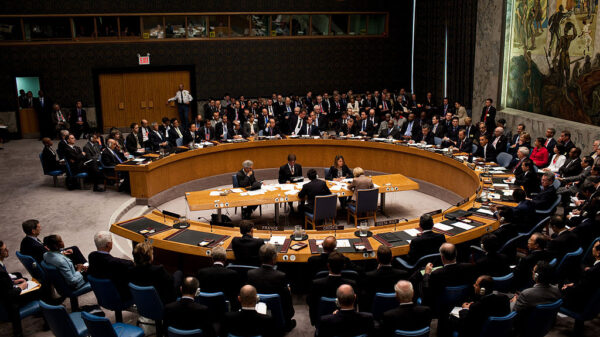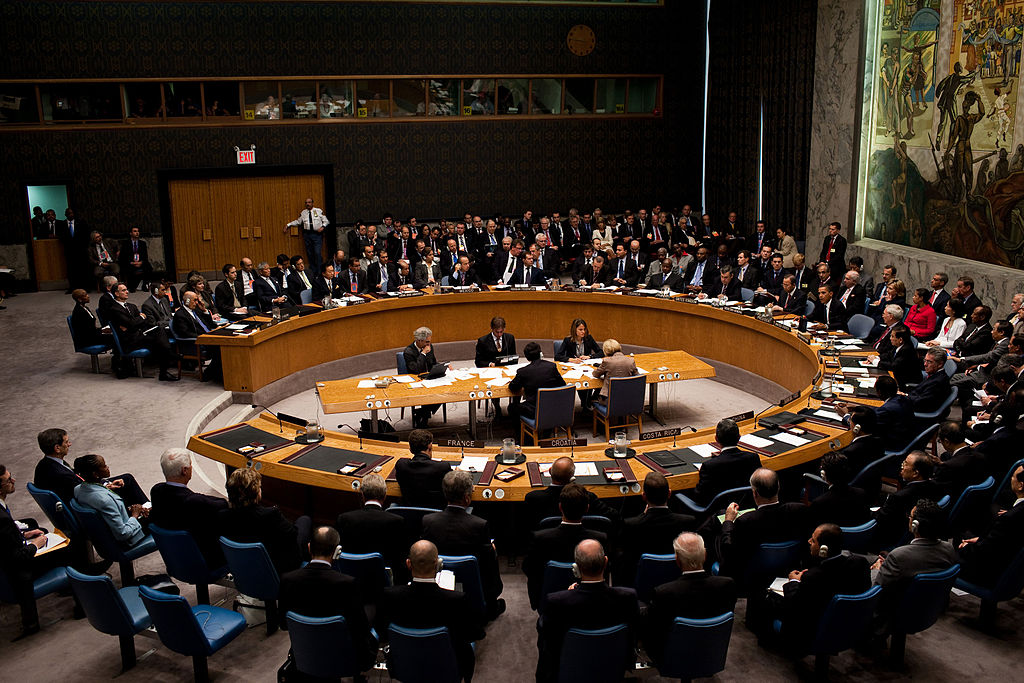The United Nations Security Council (UNSC) recently adopted Resolution 2803, which has drawn strong criticism from UN experts. Special Rapporteur on the situation of human rights in Palestine, Alena Albanese, stated that the resolution undermines Palestine’s right to self-determination and fails to comply with international law. On Wednesday, Albanese urged all states to interpret and implement this resolution in accordance with the principles of the UN Charter.
Albanese emphasized that the resolution effectively consolidates Israel’s ongoing presence in Palestinian territories, which she described as unlawful, and further legitimizes violence. She pointed out that the resolution does not adhere to international human rights law or the legal standards governing the use of force. Notably, Article 1(2) of the UN Charter establishes that relations between states should be grounded in “the principle of equal rights and self-determination of peoples,” while Article 2(4) prohibits the use of force against any state’s territorial integrity or political independence.
Albanese expressed concern that the resolution legitimizes Israeli control over the Palestinian population without adequately protecting civilians. “Rather than charting a pathway toward ending the occupation and ensuring Palestinian protection, the resolution risks entrenching external control over Gaza’s governance, borders, security, and reconstruction,” she stated.
A significant point of contention is the establishment of a so-called “Board of Peace” led by the President of the United States, which Albanese criticized as legally questionable. The resolution endorses a US-led plan that includes the formation of a temporary International Stabilization Force (ISF) to oversee Gaza’s governance. This force, according to the plan, would work alongside Israel, Egypt, and a newly-trained Palestinian police force to secure border areas, monitor humanitarian operations, and enforce the disarmament of Hamas.
The resolution was passed on Monday with the support of 13 UNSC members, while Russia and China abstained from voting. This plan also calls for the Israel Defense Forces (IDF) to withdraw from Gaza based on a mutually agreed demilitarization timeline.
Albanese referenced an Advisory Opinion issued by the International Court of Justice on July 19, 2024, which urged states to support the “immediate and unconditional withdrawal” of Israeli forces from Palestinian territories. She insisted that nations have a legal obligation to assist the Palestinian people in realizing their right to self-determination.
In lieu of the current UNSC resolution, Albanese called on the international community to lift the blockade on Gaza, restore humanitarian access, and support Palestinian self-governance.
The US mission to the UN has responded to Albanese’s statements by accusing her of displaying a “years-long pattern of virulent antisemitism and unrelenting anti-Israel bias,” further complicating an already tense situation.
Historically, the UNSC has called for Israeli withdrawal from territories occupied during the Six Days’ War on November 22, 1967, reaffirming the right of all states in the region to live peacefully within secure and recognized boundaries. This earlier resolution remains a crucial part of ongoing efforts to achieve peace in the Middle East.
As the situation continues to unfold, the implications of the UNSC’s latest resolution and its impact on the Israeli-Palestinian conflict will be closely monitored by international observers and human rights advocates alike.




































































